Widely regarded as a maverick genius of animation, the Canadian artist Ryan Larkin (1943-2007) seemed destined for a successful career after breaking out with the influential short films Walking (1968) and Street Musique (1972). However, addiction and emotional trauma eventually brought his creative life to a halt, leaving him begging for money on the streets of Montreal. This experimental animation from 2004 finds fellow animator Chris Landreth interviewing Larkin about his brief, storied animation career before confronting him about his alcoholism. Rendered in a world where emotional scars manifest themselves as surreal physical aberrations, Ryan is a strange and striking glimpse into Larkin’s life, including the sometimes fraught relationship between creativity and mental health. Ryan won the 2005 Academy Award for Best Animated Short Film. Following the film’s completion, Larkin revived his animation career before dying from cancer in 2007.
Artistic genius and fragility intersect in this surreal, Oscar®-winning animation
Director: Chris Landreth
Producers: Steven Hoban, Marcy Page, Mark Smith
Website: National Film Board of Canada
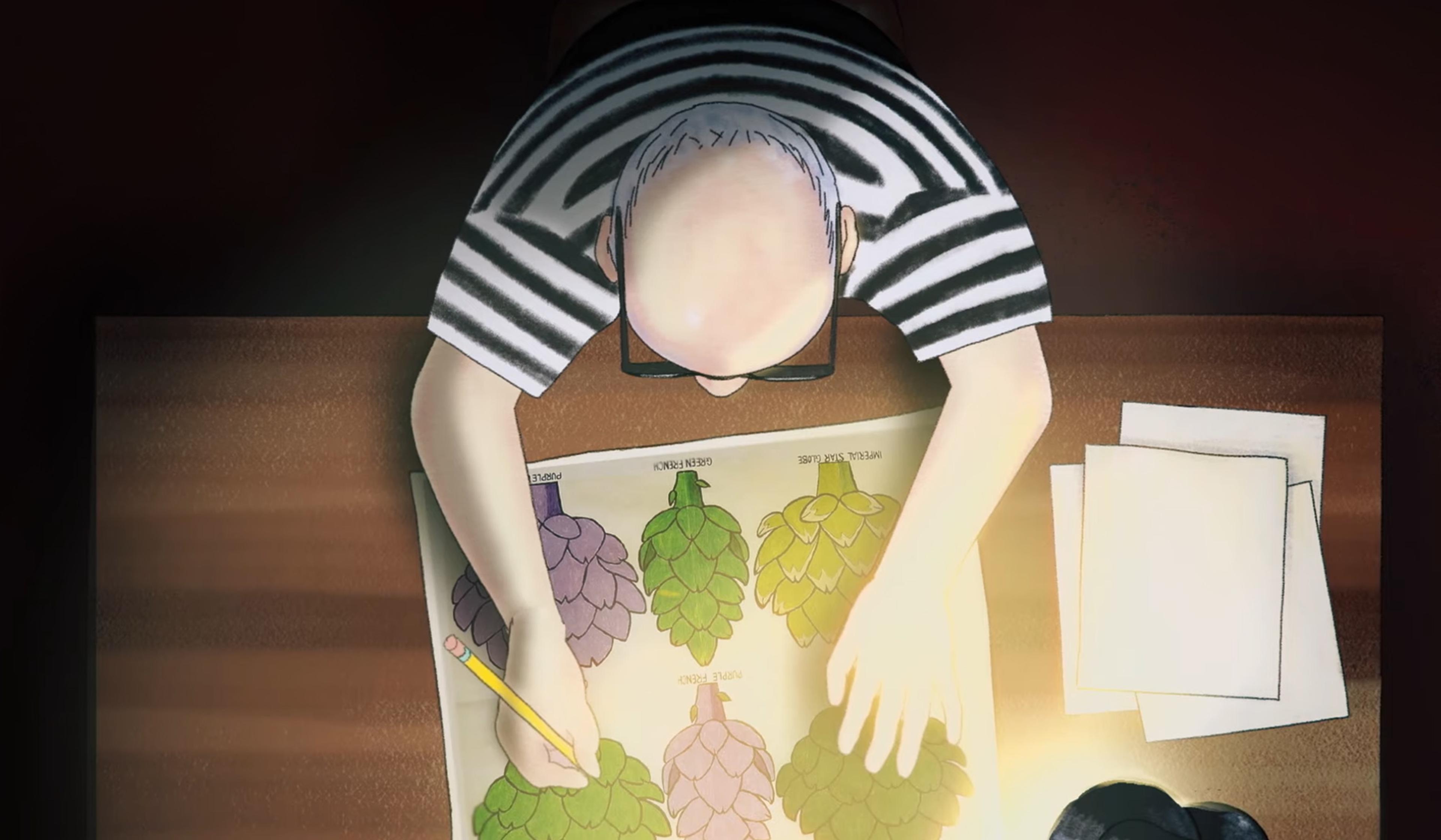
videoArt
How a self-taught autistic artist mines creativity from life’s endless variations
11 minutes
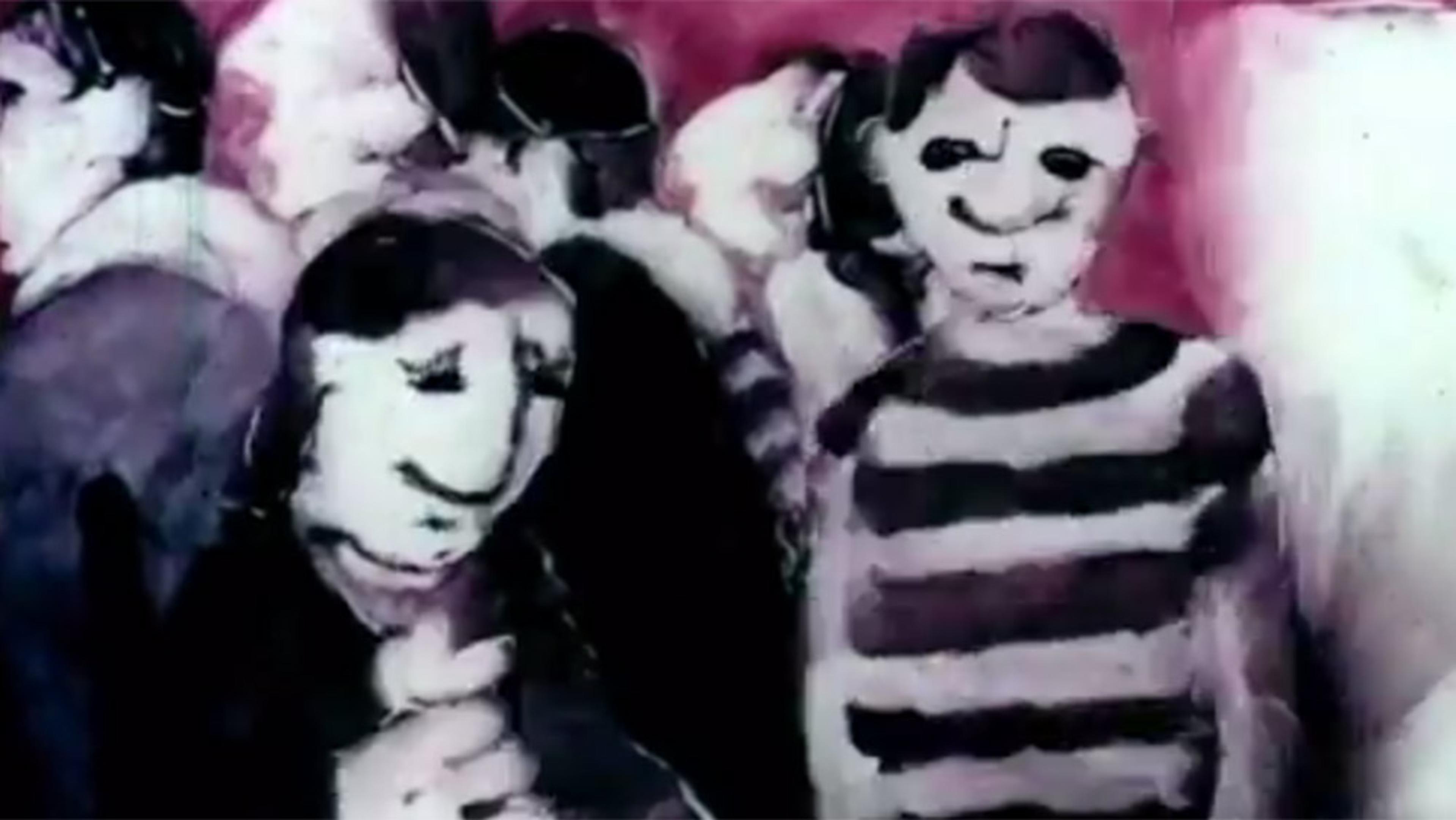
videoDeath
A boy grapples with death while waiting to take over his sick grandmother’s room
10 minutes

videoIllness and disease
Moved by my father: a hallucinatory animated meditation on the body in motion
9 minutes
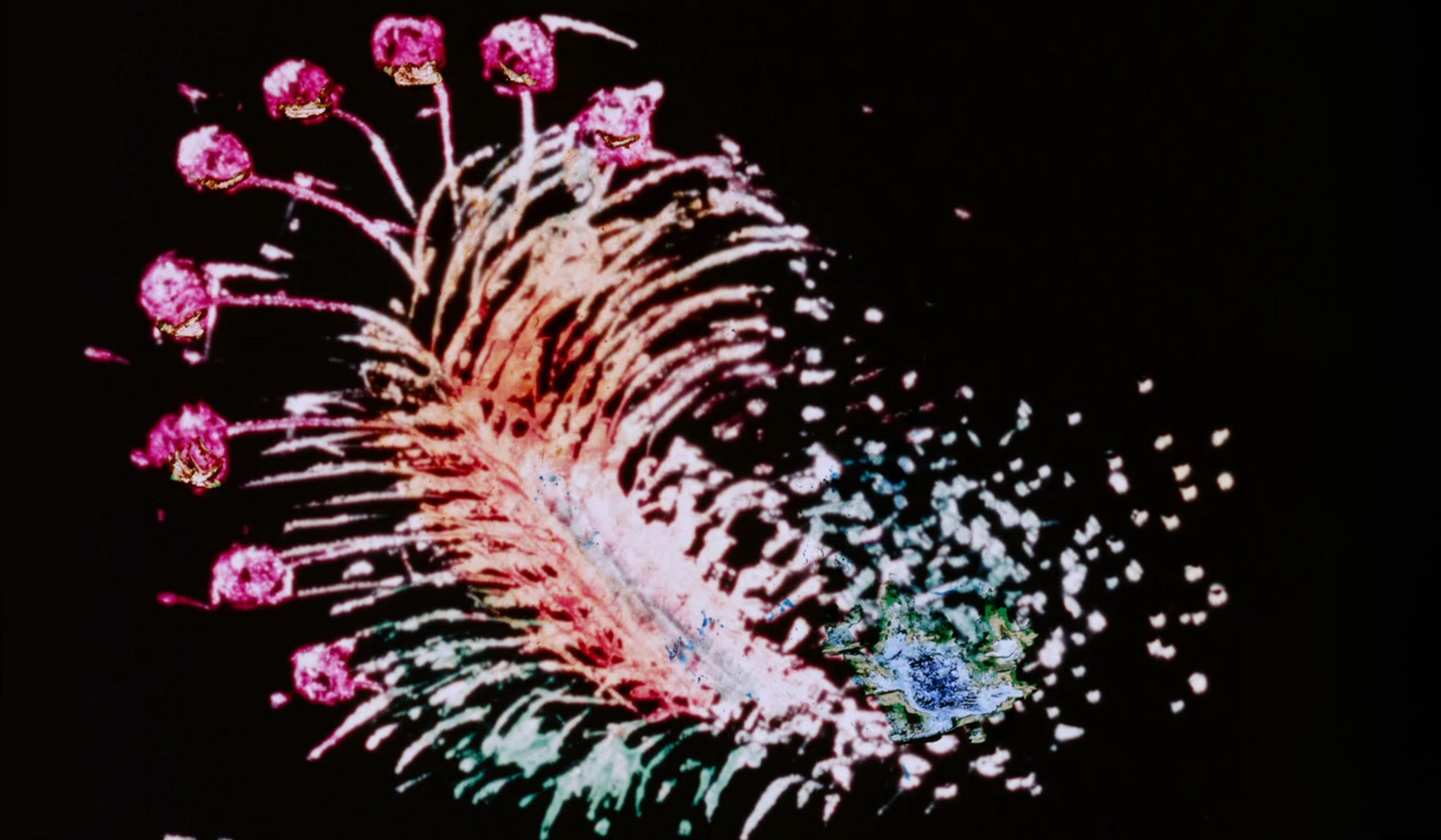
videoFilm and visual culture
A Palme d’Or-winning animation toys with the way our eyes perceive light
5 minutes
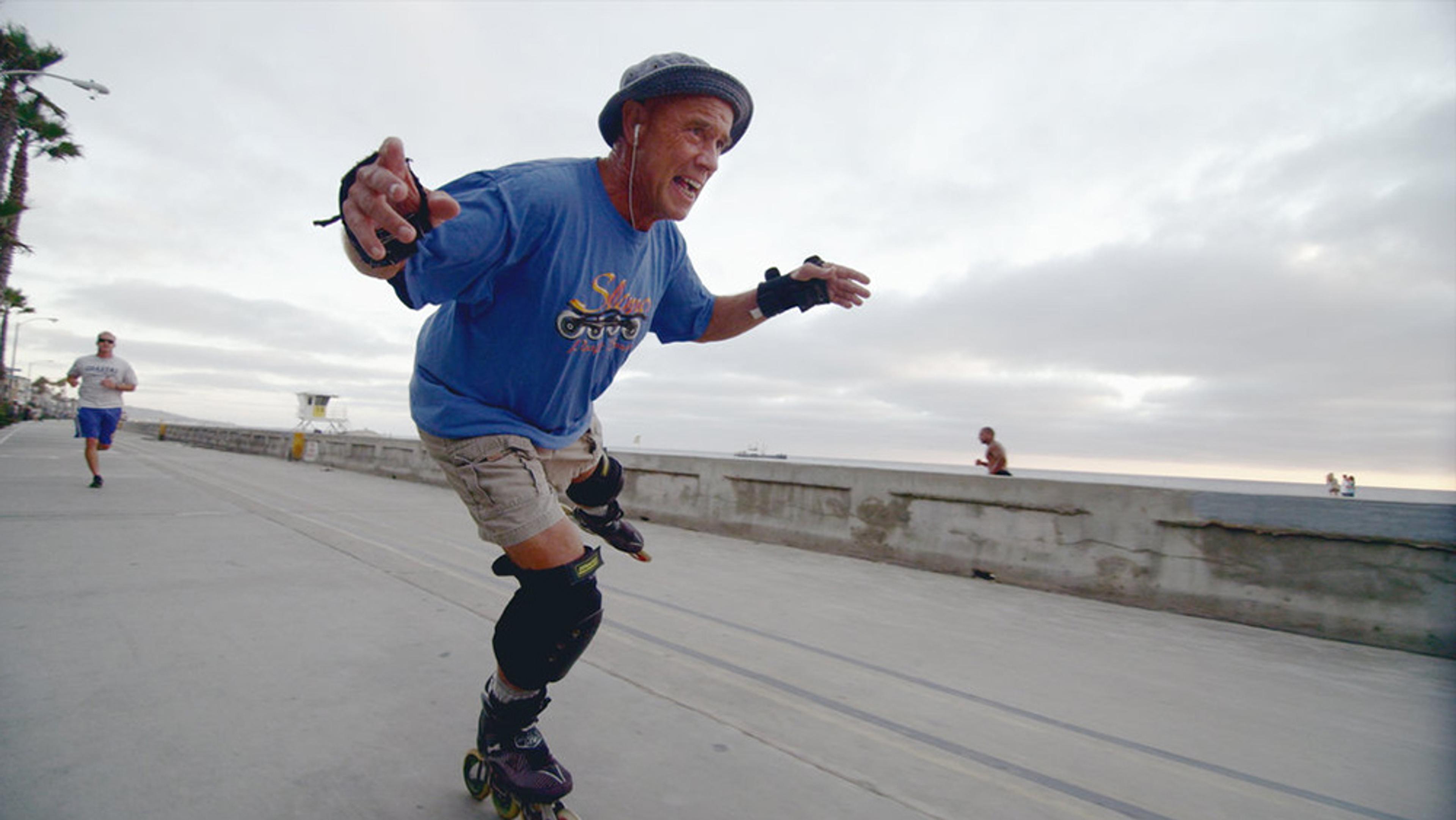
videoConsciousness and altered states
A neurologist finds peace and happiness in the feeling of constant acceleration
16 minutes

videoPersonality
A ‘little thief’ turned career criminal recounts a life on the wrong side of the law
5 minutes
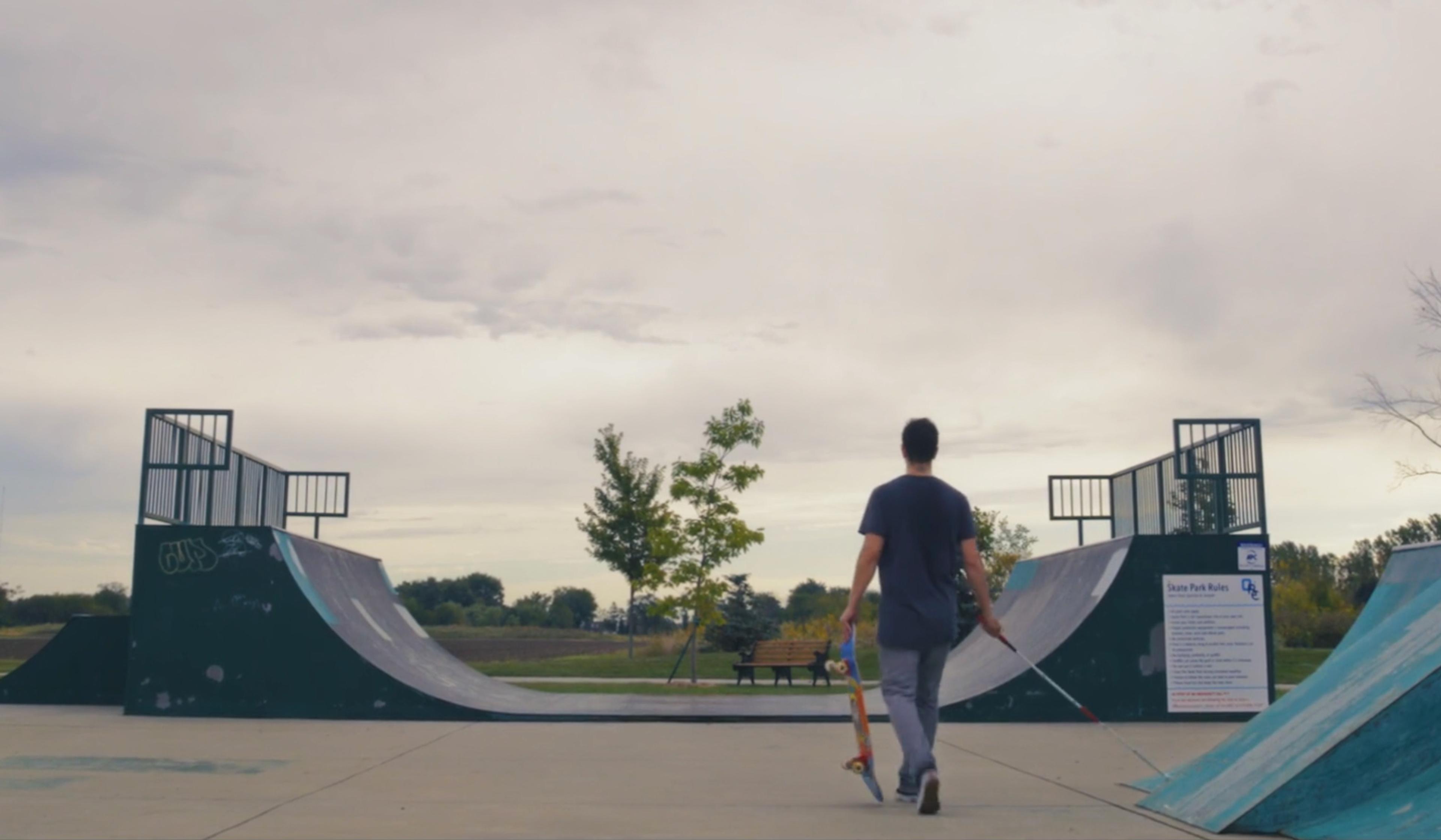
videoPleasure and pain
After losing his sight, a skateboarder takes an unexpected path to realising his dreams
12 minutes
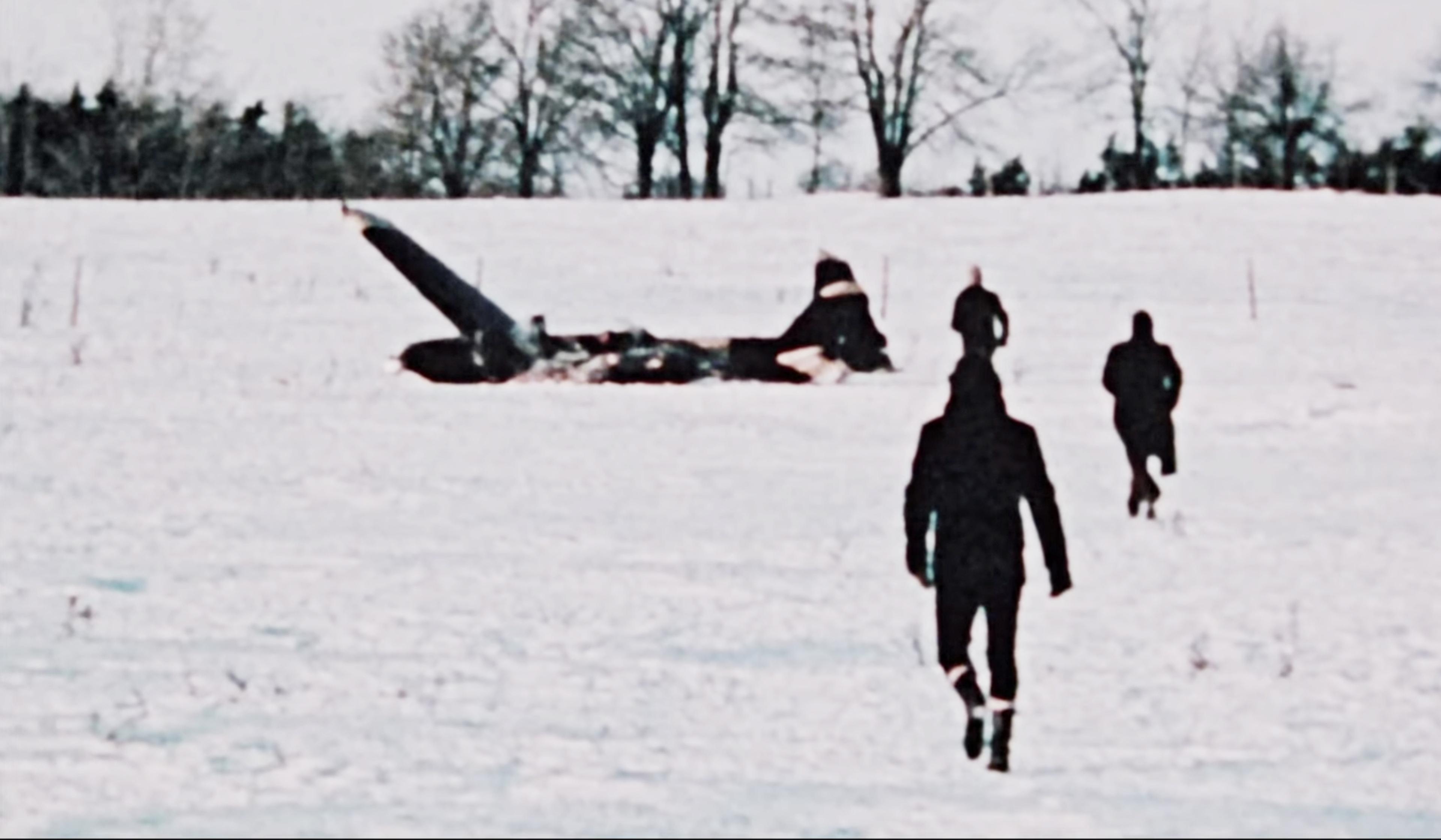
videoMeaning and the good life
The world turns vivid, strange and philosophical for one plane crash survivor
16 minutes

videoArt
A puppeteer makes sense of an overwhelming world by shrinking it down to size
5 minutes